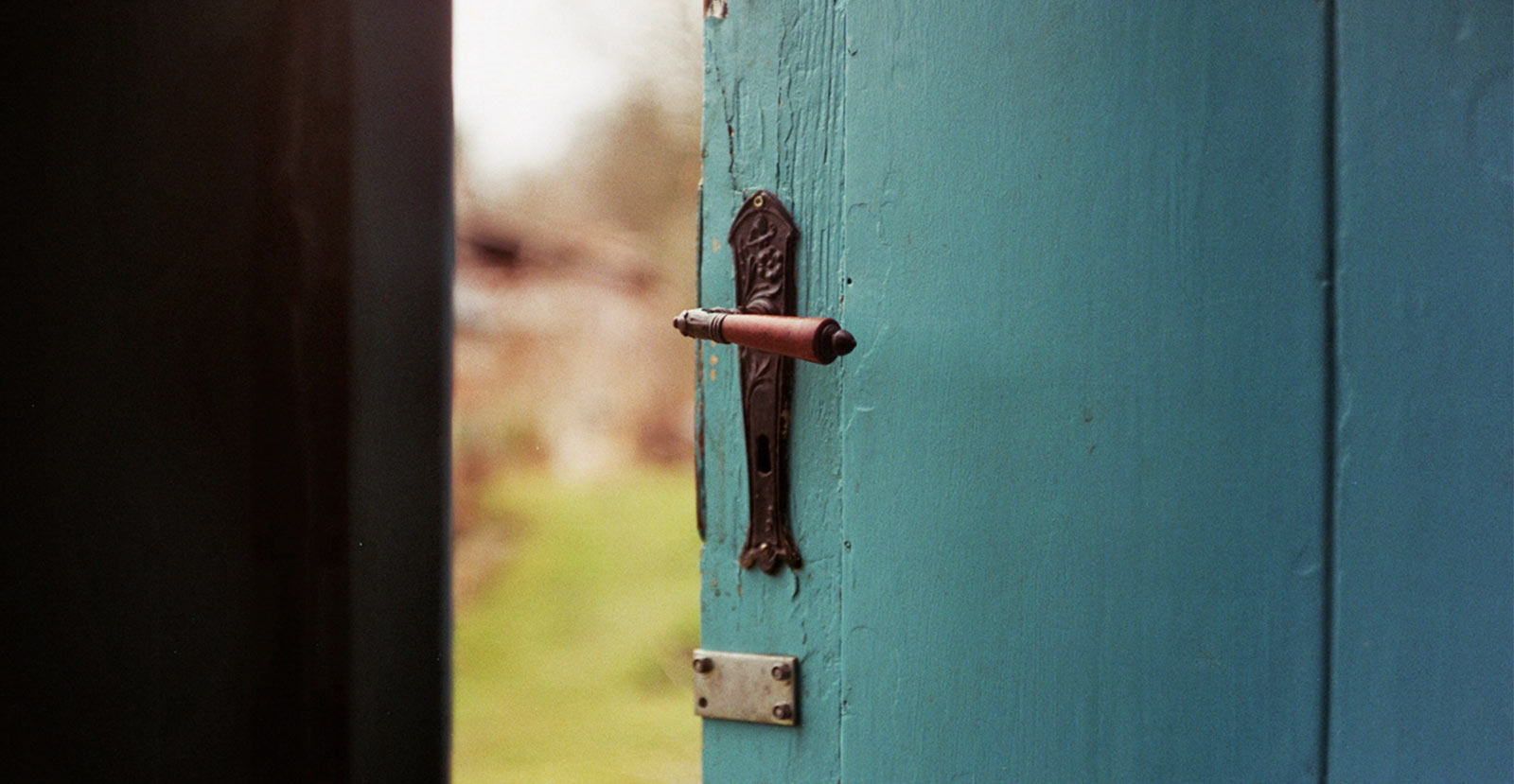Attachment Psychotherapy in Walthamstow
Attachment-based Therapy
Welcome to my psychotherapy website. As the light begins to emerge, I hope this creates a little space to think and feel more hopeful and look ahead to what you might wish for your life right now, or if not, for this to be met with compassion and kindness. There may be a specific situation, relationship dynamic or feeling you wish to explore or perhaps you wish to make sense of something more general. As an attachment-based therapist we use our attachments to caregivers, family, friends, colleagues and wider society throughout life to better understand ourtselves in the world. If you wish to find out more, go to the 'About Psychotherapy' page. If this perspective interests you, my availability permitting, I offer a free no-obligation 15-minute phone or Zoom chat for us to discuss your therapeutic needs and interests, so please do get in touch.
Psychotherapy with me
I am a UKCP-registered attachment-based psychoanalytic psychotherapist. I have nearly twenty years experience working as an attachment-based psychotherapist in Walthamstow, North East London with adults in individual one-to-one therapy. I have an intergative approach meeting a wide range of people with a special interest in those who work in creative industries and in the corporate sphere, understanding workplace attachments and dynamics, bullying, climate anxiety, friendship and sibling attachments, post-cancer support, menopause and midlife and those who struggle with decision-making particularly at a big junction in their life. I am also a supervisor, teacher, lecturer and training therapist. I offer therapy face-to-face in person at my practice or on the telephone and via encrypted video-conferencing facilities. My fees range from £85 for students to £105 per session depending on frequency of therapy. Some of the areas in which I have worked in the past are listed below.
- Some of the areas I work with (although not exhaustive):
- Understanding how attachment issues affect your life now and in the past
- Stresses with parents and primary caregivers both today and in your past
- Coping with anxiety, stress and phobias
- Conflict at work, bullying at work and historical bullying
- Menopause and midlife issues
- Fertility issues
- Feeling 'stuck', not knowing how to move forward
- Lack of confidence and shame
- Romantic relationships, sexuality and gender fluidity
- Sibling relationships
- Friendships
- Blind spots and unhelpful repeating patterns in your life
- Support going though cancer treatment from diagnosis to post treatment
- Health anxiety
- Historical school trauma and stress
- Neurodiversity
- Old age and death anxiety
Wisdom from the Consulting Room.
Here is a wee place I will share a few thoughts and musings along various themes from my time spent with all those couragerous souls I meet everyday in my consulting room. I hope you too may find some of these thoughts and reflections helpful and if you wish to think about these ideas further please do not hesitate to get in touch.
Creating Space To Think and Consider
In the last few years I have been attending a regular yoga class and in doing so have noticed there is regular emphasis on creating space within the body; space in the lungs and back-body through deep slow breathing, space in the side body between the ribs through side stretching and space and openness in the heart-centre through back-bends to name a few. The importance of creating space in the body for our general wellbeing is regularly reiterated in these classes and so this has started me thinking about how we can create space in the mind as well as the body in order to think and feel and stabilise ourselves (harnessing our ‘rest and digest’ nervous system).
In my consulting room I often meet those, myself included here, who rush from one demand or duty to another compressed with all the things we have to do or fulfil throughout an ordinary day. This can often feel overwhelming, creating mental static that makes it difficult to think clearly, either through classic fear responses such as fight, flight or freeze.
I often encourage people in my consulting room to reflect back on a situation when they were compressed, anxious and couldn’t think clearly. Timing is important here so I do this when they are no longer steeped in it and have distance on it. Putting distance in between in terms of time or geography can be enormously helpful in creating psychic space as we likely will not be flooded with overwhelm and we may see the situation with more clarity. We can then explore together what it was about this situation that led to the freeze, who might have been involved and what the triggering elements were. From here we can then explore what could be done differently if this situation were to arise again in the future without shame or reproach. This in my experience can be enormously helpful in reminding people they have much more agency autonomy and control over their fear and anxiety responses.
If you struggle with this, create a quiet moment with a cuppa and think about times in the past when you have struggled and then take a note of what triggered the feelings, what you did and then what you would have ideally done instead without shame or reproach but with kindness and compassion.
If you are interested in counselling and psychotherapy contact me on 0208 509 2849.


